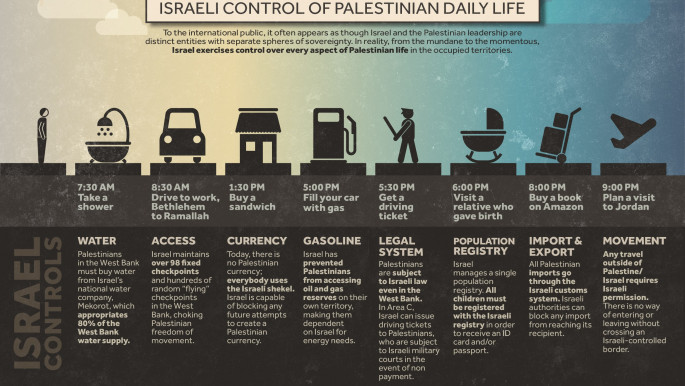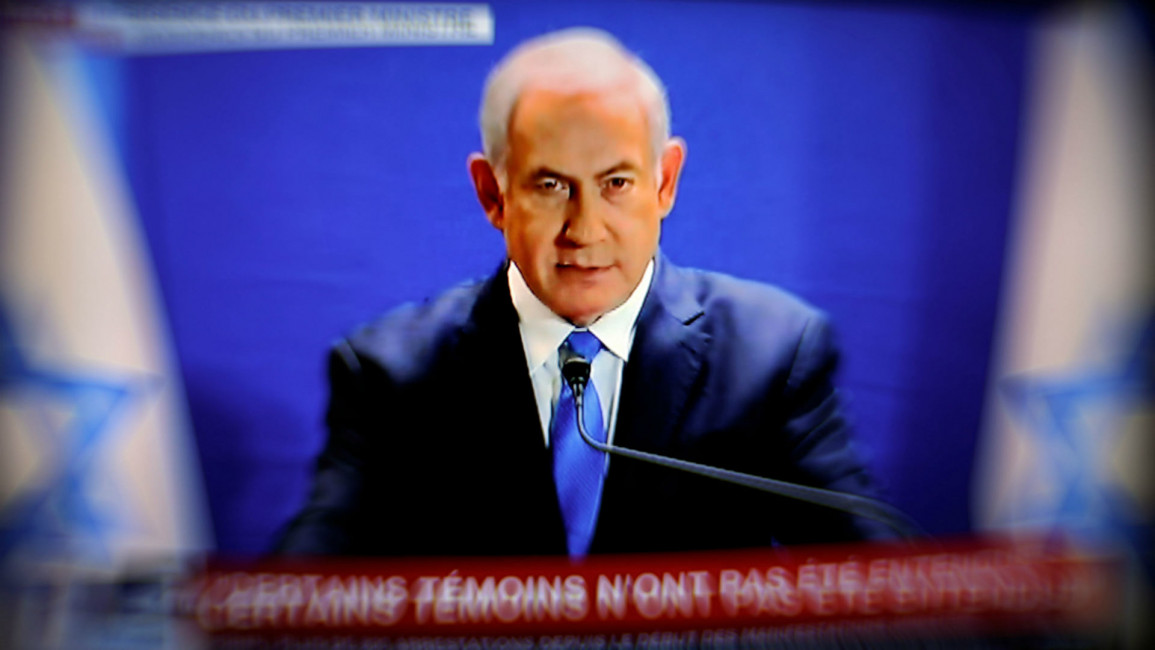Israel's leaders face-off as Netanyahu seeks another term
Israeli Prime Minister Binyamin Netanyahu sought to get the backing of supporters on the eve of Tuesday's elections with warnings and controversial promises. His centrist challenger also urged voters to tell the premier the country has had enough with long-time rule.
The general election - in which Netanyahu is seeking to extend his 13 years in office despite corruption allegations against him - is expected to be close, as ex-military chief Benny Gantz poses a serious challenge.
The two men spent the campaign's final hours exhorting voters with two different strategies: Netanyahu repeatedly warned that his Likud was at risk of losing, while Gantz made the case that Israel was on the verge of historic change.
The truth was more complicated, with opinion polls giving Netanyahu's Likud and Gantz's Blue and White a similar number of seats in the 120-seat parliament.
Read also: Israeli elections: Palestinians caught between hard-right terrorists and violent 'centrists'
Under those polls, both would fall far short of an outright majority and would need to pull together a coalition with smaller parties.
If polling trends hold, Netanyahu would be best placed to build an alliance thanks to far-right factions close to him.
But there have been repeated warnings about opinion polls' historical unreliability and the fact that many voters say they remain undecided.
Netanyahu's claims that Likud may lose were widely seen as a way to encourage his base to turn out.
'Who can do this?'
Netanyahu has made last-minute appeals to the right, issuing a deeply controversial pledge to annex settlements in the occupied West Bank.
If done on a large-scale, annex the Palestinian land there would extinguish remaining hopes for a two-state solution.
In an interview on Sunday, Netanyahu said US President Donald Trump, who is expected to release his long-awaited deal for Israeli-Palestinian peace sometime after the election, was aware of his plans.
Netanyahu said he planned to annex the occupied land gradually, and that he did not differentiate between Israel's illegal West Bank settlement blocs and the isolated ones located deep in the territory on land the Palestinians see as part of a future state.
"Who else can do this? Who can do this? Come on. Honestly," Netanyahu said, making the case as he has throughout the campaign that he is Israel's essential statesman.
"Who can stand in front of the world? Who can stand in front of the American Congress? Who can move public opinion in that direction?"
Gantz has called Netanyahu's pledge an "irresponsible" bid for right-wing votes, despite his partner Yair Lapid also believing in annexation of illegal settlements.
He says he favours a "globally backed peace agreement" that sees Israel hold on to the large settlement blocs in the West Bank and maintain security control over the territory.
He promised a "new path" for the country after casting his vote.
"I'm happy to place myself at the service of the state of Israel," the former military chief said in his hometown of Rosh Haayin.
"I'm happy to stand for the good of the citizens on a new path. We shall respect democracy and call for a respectful and quiet day from all sides."


![President Pezeshkian has denounced Israel's attacks on Lebanon [Getty]](/sites/default/files/styles/image_684x385/public/2173482924.jpeg?h=a5f2f23a&itok=q3evVtko)



 Follow the Middle East's top stories in English at The New Arab on Google News
Follow the Middle East's top stories in English at The New Arab on Google News


